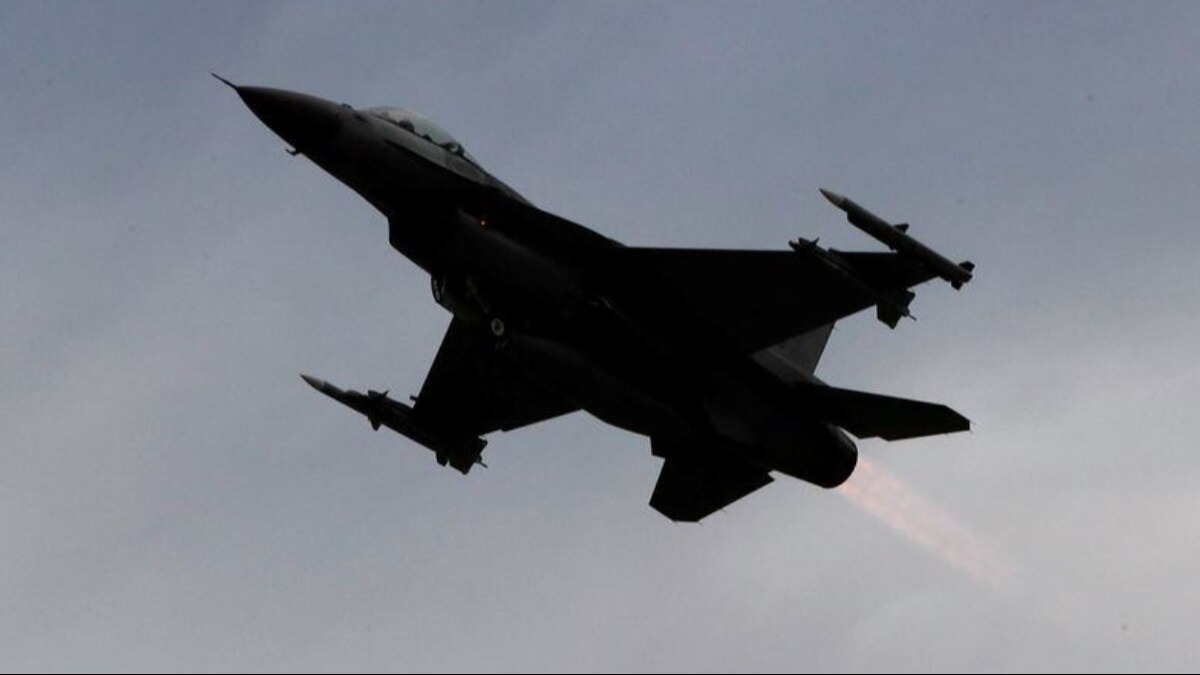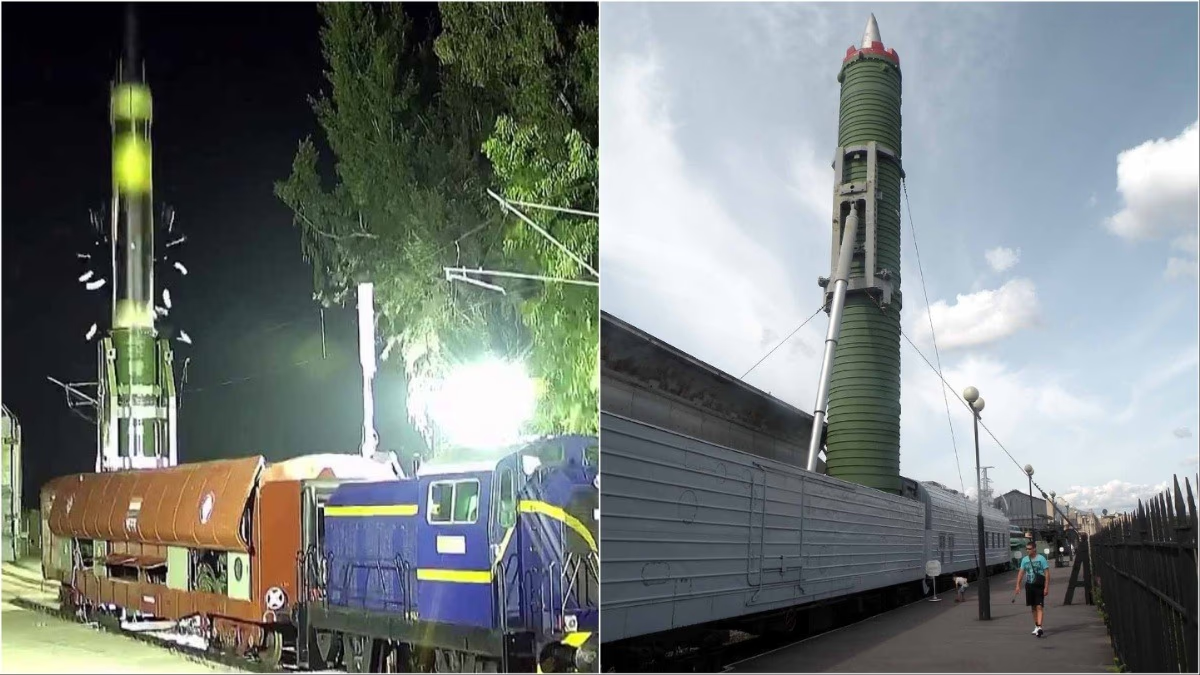The conflict between Israel and Hamas is escalating into a regional strife. Israel continuously provokes Iran with aggressive actions, including the demolition of the Iranian embassy in Syria. Iran has now responded with an onslaught of 300 missiles. They also issued a warning that if their counteraction were to be met with further response, they would not remain passive. Prior to this, Gulf nations had already issued a stern caution to America, suggesting that the U.S. might be getting drawn into a quagmire in the Middle East.
Saudi Arabia, the United Arab Emirates, Oman, and Kuwait made it clear to the United States not to utilize their territories for retaliatory strikes on Iran. They are also attempting to prevent American warplanes from flying over their lands for potential counterattacks against Iran.
The Arab states' concerns revolve around the possibility that if America uses its Gulf air or naval bases for a retaliatory strike against Iran, they would inadvertently become allies in the attack - something they wish to avoid.
The media organization Middle East Eye reports, the Arab countries pleaded America not to use their military bases located in their regions for actions against Iran. Notably, America is the most significant security provider to the Arab states and holds considerable military bases from Saudi Arabia to the UAE and Oman, focusing on Iran and reflecting years of significant investments.
According to reports, American bases in Gulf countries could serve as efficient launching pads for attacks on Iran due to their proximity. The U.S. has deployed approximately 40,000 soldiers in the Middle East, with the majority stationed specifically in the Gulf countries, where numerous strategic air and naval bases are located.
Among these strategic points are Saudi Arabia's Prince Sultan Air Base, Qatar's Al Udeid, the UAE's Al Dhafra, and Kuwait's Ali Al-Salem Air Base. The U.S. has stationed high-tech weaponry here, ranging from F-16 and F-35 fighter jets to Reaper drones. It is uncertain if Israeli military officers are still stationed at the American air base in Qatar, although they have been in the past.
There have been instances when a Gulf state has vetoed the United States from using its own air bases. Allies of Iran, such as Hezbollah from Lebanon, the Houthis from Yemen, and Shia groups from Iraq, continue threats or actual attacks on Israel. In such a scenario, the UAE put a stop to American retaliatory actions earlier in February.
The relations between Saudi Arabia, the UAE, and Iran have been strained, as they claim that the U.S. did not sufficiently protect them from Iranian assaults. Furthermore, they argue that the Biden administration has been sluggish in responding to frequent drone or missile attacks, often initiated by the Houthis, prompting the Gulf nations to explore mending ties with Iran.




